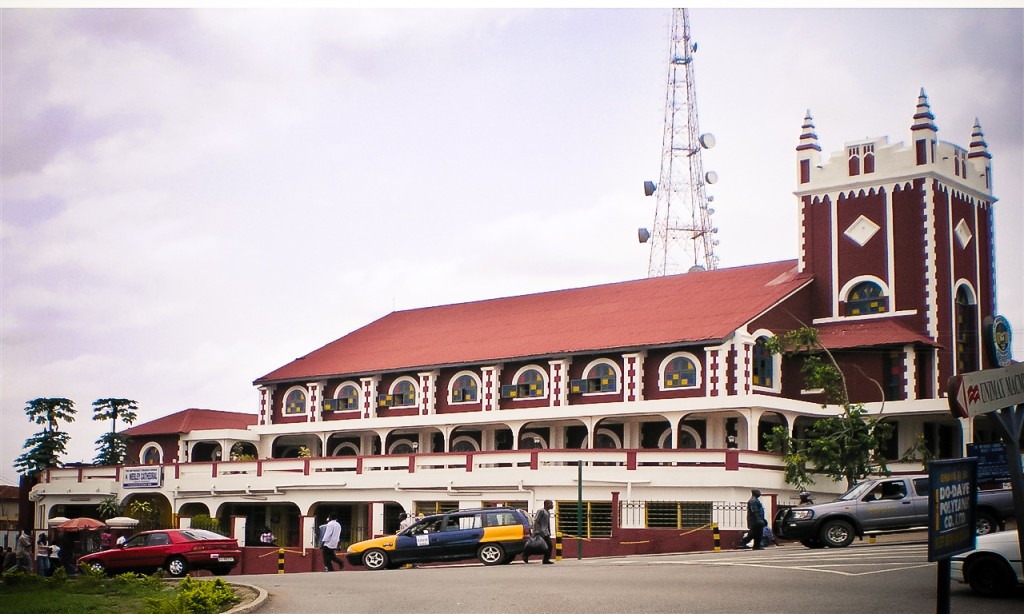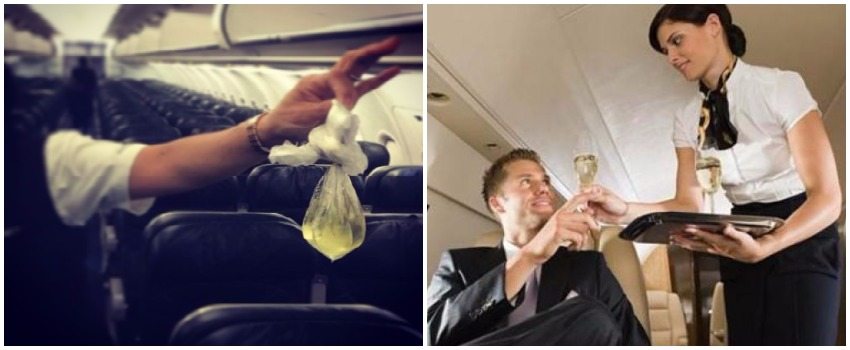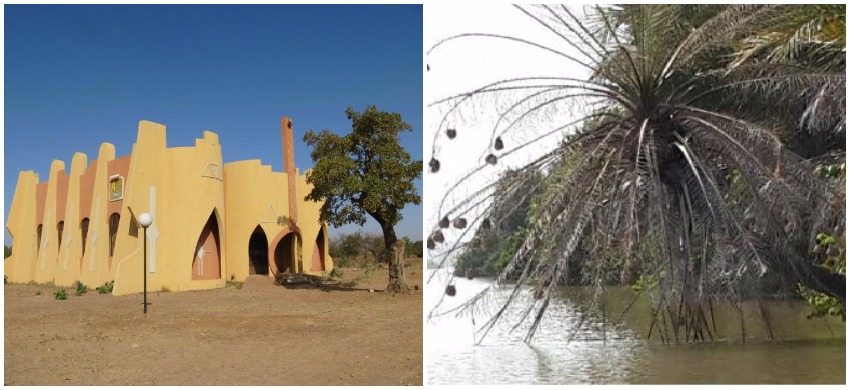Who Introduced Christianity in Ghana?
Did you know how Methodist Church came about in Ghana? The arrival of Joseph Rhodes Dunwell to the Gold Coast (Ghana) in 1835 resulting from missionary activities of the Wesleyan Methodist Church brought Methodist Church to Ghana. It was founded by people who were of Anglican background just as the mother church. Roman Catholic was brought to Gold Coast just the same time as Methodist church. Even though, the Roman Catholic Church is moderately represented in Central Region and Ashanti Region, the presence of Christianity (Roman Catholic) in Ghana is dated to 15th century. At the time of Philip Quaque, a Ghanaian priest, a school was founded in Cape Coast by the Anglicans in which the uneducated African class was trained. Nearly all major secondary schools today, especially “all boys and all girls” schools, are mission or church-related schools. Even though, churches continued to influence the development of education in Ghana, schools founded by churches became opened to all since the state agreed to be financially responsible for formal instruction under the Education Act of 1960. People who attended and graduated from the schools then had good knowledge of the Bible as Bibles and other scriptural materials were sent down to Ghana including Methodist missionaries. One of the members of the then Bible study groups, William De-Graft, would demand for Bibles and other materials needed to impart scriptural knowledge through captain potter of the ship Congo, which were sent down.
Who Helped in Spreading Christianity Across Ghana?
A man called Thomas Birch Freeman, who came into Gold Coast in 1838 is said to have expanded Christianity in Ghana. Based on records, he took Methodism from the coastal areas to Kumasi in the Asante hinterland of the Gold Coast between 1838 and 1857 and also founded Methodist Societies in Nigeria with the help of William De-Graft. Read Also: 7 Largest Prayer Camps in Ghana Right Now In 1910, Methodist evangelization of northern Ghana started out of which their interest seemed to have been at odds with that of colonial governments which led to dire conflict. In 1955, when the conflict that had lasted for quite a long period of time passed, their work was established. By 1961, according to a deed of foundation which is part of the church’s Constitution and Standing Order, it gained autonomous, and was dubbed the Methodist Church Ghana. With its total membership climbing to about 600,000, over 15 dioceses, 3,814 societies, 1,066 pastors, 15,920 local preachers, 24,100 lay leaders, many schools, an orphanage, hospitals and clinics, you could tell that Methodist Church of Ghana has over the years gained a wide range of acceptance. Also in 1929, in a quest for unity and also to speak out for the voiceless society, African Methodist Episcopal (AME), Zion Church, English Church Mission (Anglican), Ewe Presbyterian Church (now Evangelical Presbyterian Church); Presbyterian Church of the Gold Coast (now Ghana) and Wesleyan Methodist Church (now the Methodist Church Ghana) amounting to five churches in all established The Christian Council of Ghana (CCG). Over the years, CCG has seen several restructuring trying to develop appropriate and well structured organisation that will control and readily respond to the problems facing the member churches. Other Christians churches have also sprung up and are as well gaining high recognition in our society today. The likes of The Church of Jesus Christ of Latter-day Saints in Ghana which was officially founded in 1978 that currently announced that they have 48,578 members, eight stakes and 5 districts, 129 congregations (72 wards, 57 branches), two missions, and one temple in Ghana.



